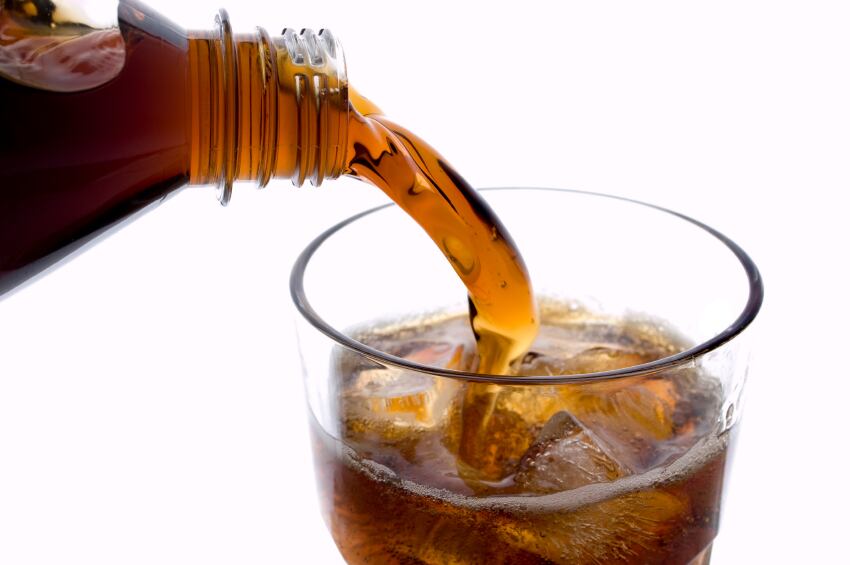Data collected over 18 months from 146 children in The Netherlands indicated that there were no statistically significant differences in measures on a five-point satiety scale between children who consumed artificially sweetened sugar-free beverages or a similarly looking and tasting sugar-sweetened beverage.
The results, published in PLoS One, may explain earlier data from the same researchers which found that children in the diet group accumulated less body fat, compared to children in the sugar group.
The study adds ever more weight to the potential of artificial sweeteners to be safe and effective tools for weight management.
Looking to the literature
Some commentators still argue that regular consumption of diet sodas can induce “metabolic derangements”, which put users at “increased risk of excessive weight gain, metabolic syndrome, type-2 diabetes, and cardiovascular disease.”
However, a 2010 review in the British Journal of Nutrition found that “there is no consistent evidence that low-energy sweeteners increase appetite or subsequent food intake, cause insulin release or affect blood pressure in normal subjects”. A more recent study - click here - published in the American Journal of Clinical Nutrition in Feb 2013 came to the same conclusion.
In addition, a 2012 study also published in the American Journal of Clinical Nutrition (click here) showed that replacing caloric beverages with non-caloric beverages was an effective weight-loss strategy, while a 2009 published in the International Journal of Obesity (click here) showed that those who have lost weight and successfully kept it off adopt a number of strategies, including drinking more artificially sweetened beverages.
The new study supports this position, with scientists from VU University in Amsterdam and Deakin University in Australia writing: “When we substituted sugar-free beverages for the sugar-containing drinks that children drank habitually, they apparently did not feel a need to eat more of other foods and drinks to compensate for the missing calories.”
Study details
Led by Janne de Ruyter, the researchers randomized 203 children aged between 7 and 11 to one of two groups: The first group received 250 mL per day of an artificially sweetened sugar-free drink, while the second group got a similarly looking and tasting sugar-sweetened drink.
“We tested satiety under real-life conditions, i.e. during the morning break at school when children consumed their beverage together with their usual snack,” they explained. “We assume that satiety was determined by snack intake – mostly crackers, sweets, or fruits - , beverage volume, and caloric content of the drink. Mean caloric intake from snacks and volume of drinks were the same between groups but the sugar-free drinks contained 26 g less sucrose. We conclude that the sugar content of the drinks did not have a measurable effect on satiety.
“This finding is consistent with short term experiments in adults that also found similar levels of satiety following sugar-containing and sugar-free beverages.”
Formulation lessons

There could also be formulation lessons for beverage companies, suggested the researchers, with the observation that the children liked and wanted the sugar-sweetened drinks slightly more than the sugar-free versions.
“The pleasantness of artificially sweetened products may be highly dependent on the type and mix of sweeteners used and on other aspects of product formulation,” they said.
Despite this, liking and wanting did decline over time for both types of drinks – after all, the researchers were asking the children to consume the same beverage every day for 18 months.
Source: PLoS One
8(10): e78039, doi: 10.1371/journal.pone.0078039
“The Effect of Sugar-Free Versus Sugar-Sweetened Beverages on Satiety, Liking and Wanting: An 18 Month Randomized Double-Blind Trial in Children”
Authors: J.C. de Ruyter, M.B. Katan, L.D.J. Kuijper, D.G. Liem, M.R. Olthof
